Photographs: Rediff Archives Lifemojo.com
Health has long been an area beset by superstition and spurious claims. While the world of medicine has come a long way since then, some common myths still abound. Little knowledge is dangerous, especially when it comes to people's health.
Many of the so-called 'experts' out there really don't have a clue of what they're talking about.
Health myths are rampant and abundant. Some aren't too harmful, while others are counter-productive to the healthy lifestyle you're seeking. Here we debunk a few of long-standing myths.
is one of the most trusted source of information about good health and wellness. To those who want to manage their health themselves, LifeMojo provides necessary information, tips, tracking tools and support to help them stay informed and motivated.
11 health myths debunked
Photographs: Uttam Ghosh/Rediff.com
Myth 1: Skinny people don't have cholesterol problems
Any type of body can have high cholesterol. While a person might not look overweight on the outside, on the inside is a whole different story. Although overweight people are more likely to have high cholesterol, but thin people should also have their cholesterol checked regularly.
Weight is not the only thing that matters when it comes to cholesterol. Your lifestyle -- how active you are, what you eat -- along with your genes also play a role.
11 health myths debunked
Myth 2: Cold weather helps you catch cold
The common cold is a result of exposure to the cold virus via contact with a contaminated surface or contact with a person already suffering from a cold. Cold temperature doesn't affect your immunity unless you are so cold that your body defenses are destroyed (hypothermia).
Some people even associate exposure to the cool air from air conditioners as a cause of cold. Actually, air conditioners remove moisture from the air, which can dry out the protective layer of mucus on the nasal membrane.
Without a sufficient mucus layer, the nose becomes more susceptible to viruses that cause the common cold.
11 health myths debunked
Myths 3: Heart attack starts with chest pain
A heart attack does start with chest pain, however not always. Some people -- particularly women -- often have shortness of breath, unexplained fatigue, anxiety, sweating, pain in upper left side (arms, shoulders, neck, jaw or back) and tightness in the throat.
When having a heart attack, every minute counts. If you think you are having a heart attack, it is important to get to the hospital fast, especially if you have a family history of heart disease or other known risk factors (such as high blood pressure or high cholesterol).
Many people who act quickly and get to the hospital fast, recover and return to living a normal life.
11 health myths debunked
Photographs: Wiki Commons
Myth 4: Carbohydrates are bad
Carbs play an important part in eating a healthy, balanced diet and are particularly important for anyone doing lots of exercise.
Carbohydrates foods only become fattening when actual fat, such as cream or butter, is added to the meal.
Carbs -- particularly complex carbs -- tend to be more filling, making you less likely to overeat.
11 health myths debunked
Photographs: Wiki Commons
Myth 5: Food quickly picked up from the floor is safe to eat
Even if the food has been on the floor for one second, it is probably not safe to eat. Researchers recently found that the food that comes into contact with a wood or tile floor does pick up large amounts of bacteria.
11 health myths debunked
Myth 6: Drink at least eight glasses of water per day
Everybody recommends it and most of us believe that we need eight glasses of water per day. Water is great, but your recommended fluid intake is also met just fine by your consumption of juice, milk, fruits, vegetables and even caffeinated beverages.
Factors like body type, weather and environment also plays an important role in how much water you should ideally drink. So, drink when you are thirsty, but don't overdo it.
11 health myths debunked
Myth 7: Improper washing causes acne
Most skin specialists agree that acne is the direct manifestation of the production of hormones and not a result of improper washing. Although it is aggravated by poor diet and hygiene.
11 health myths debunked
Myth 8: Cracking your knuckles will cause arthritis
There is no evidence that cracking your knuckles inflames the joints and leads to arthritis.
A study conducted on 300 people found that there was no difference in the incidence of osteoarthritis between the people who had been chronic knuckle crackers for decades and the prople who always left their hands alone.
But, the same study also found that knuckle crackers are much more likely to have weaker grip strength and greater hand swelling.
11 health myths debunked
Myth 9: Brushing your teeth after a meal stops decay
This can actually be bad for your teeth, especially when you had something acidic or sugary. Acidic or sugary food can soften the tooth enamel which can get damaged if brushed immediately.
Wait for about an hour to brush your teeth after you had food that contains acid like fruits, soda and wine. An hour after meal is enough time for the acids to clear away and the enamel to re-harden.
11 health myths debunked
Myth 10: Stress will turn your hair gray
Too much stress does age you inside and out but doesn't directly affect your hair. Your hair loses its colour because of the slow dying off process of adult stem cells.
So far, though, no scientific evidence proves a bad day turns your locks silver.
11 health myths debunked
Myth 11: Building muscle will cause you to become slower and less flexible
Contrary to what you may think, building a significant amount of lean muscle mass will actually speed you up rather than slow you down.
Muscles are responsible for every movement that your body makes, from running to jumping to throwing. The bottom line is that the stronger a muscle is, the more force it can apply.
Nobody has any interest in your health except you. So when it comes to your health, get the facts right.

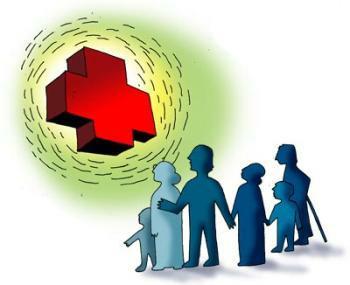
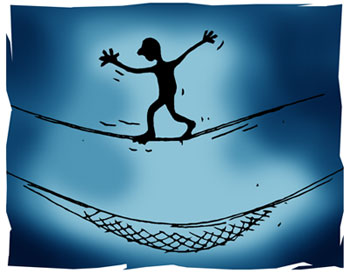
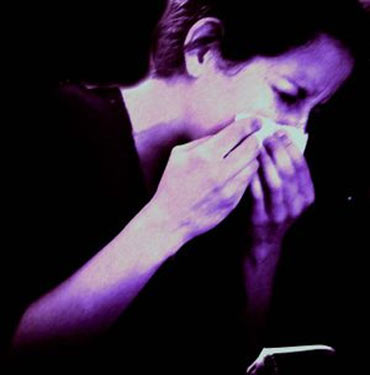
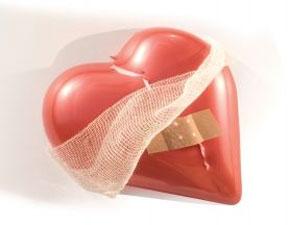
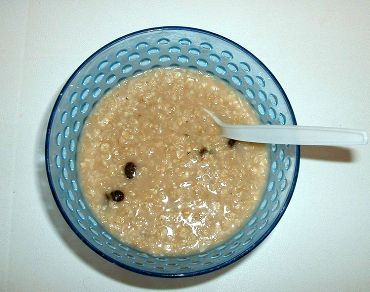
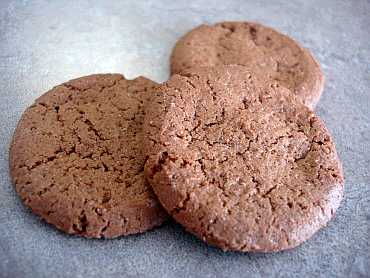
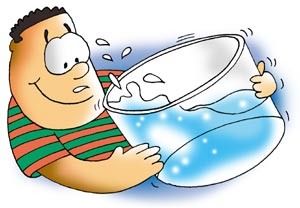
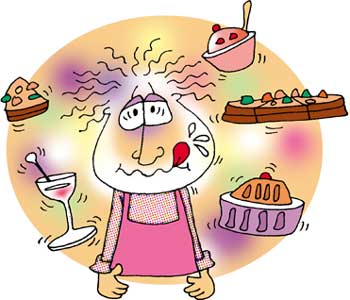
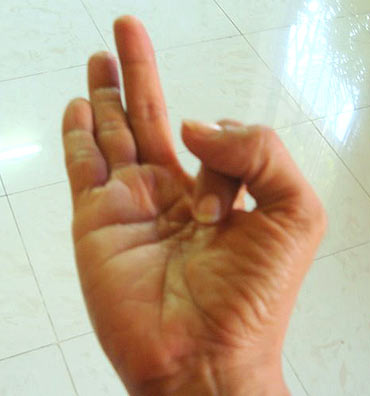
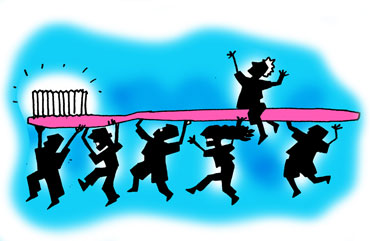
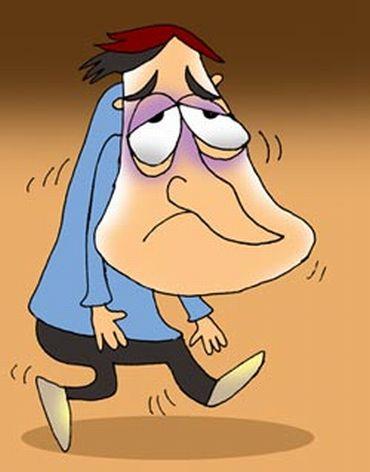
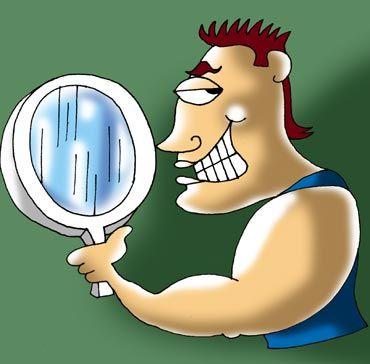
Comment
article